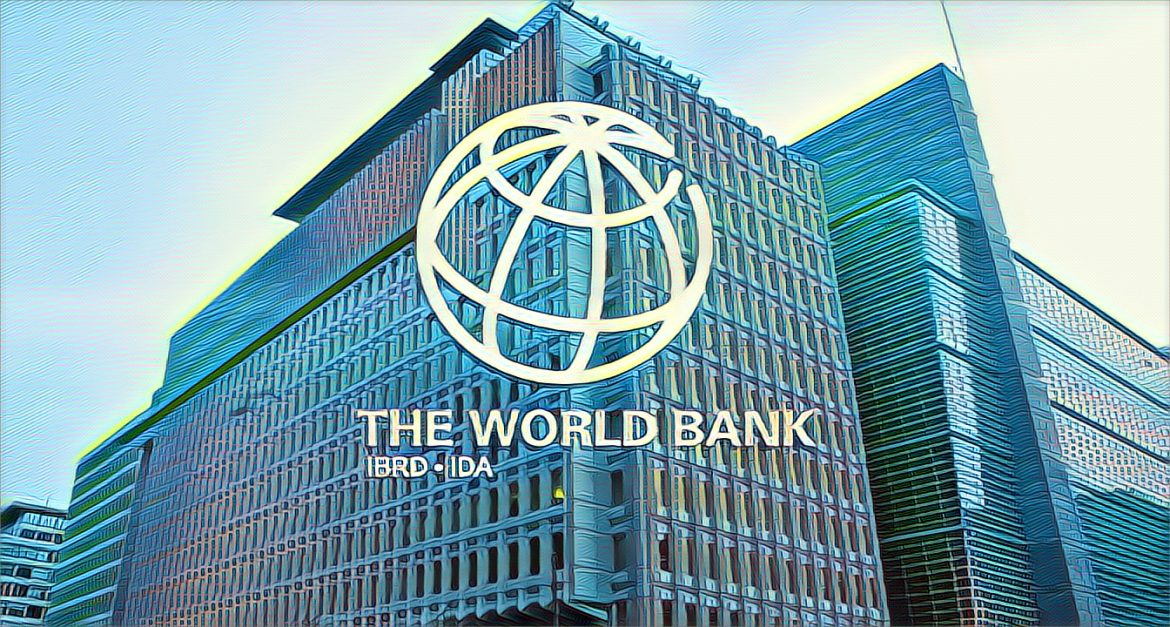The World Bank has recently adjusted its growth projection for Nigeria, the largest economy in Africa, to a slower pace of 2.9% in 2023, down from the earlier forecast of 3.3%. This revision, as detailed in the latest ‘Africa’s Pulse’ report, is attributed to a combination of factors, including currency pressure and insecurity.
The report indicates that the growth outlook for Nigeria has been impacted by lower international oil prices and currency pressures that have affected both oil and non-oil activity. Furthermore, Nigeria’s inflation rate remains high at 25.8% as of August 2023, which has eroded household incomes and purchasing power.
This downward revision by the World Bank aligns with similar forecasts from other international organizations. The International Monetary Fund (IMF) reduced its growth estimate for Nigeria to 2.8% in 2023, down from 3.4% in April, citing significant risks from rising debt levels, fiscal deficits, and exchange rate volatility.
The African Development Bank (AfDB) also revised its growth projection for Nigeria to 2.7% in 2023, down from 3.1% in January. The AfDB emphasized the need for Nigeria to address structural constraints such as inadequate infrastructure, poor governance, and low human capital development to enhance its economic potential.
The World Bank report underscores the need for Nigeria to implement reforms to restore macroeconomic stability and improve its business environment. It suggests increasing domestic revenue mobilization, reducing the debt burden, and prioritizing productive investments to create jobs and reduce poverty.
Despite these challenges, there are silver linings. The report highlights innovation and digital transformation opportunities that could enhance productivity and inclusion in Africa. It also notes some positive developments, such as declining inflation, improving fiscal balances, and increasing regional integration.
In addition to these challenges and opportunities, the report also points out that Nigeria could leverage its natural resource wealth to finance its development needs and diversify its economy. The country could benefit from the rising global demand for minerals and metals, such as cobalt, copper, and lithium, linked to the low-carbon transition. However, it cautions that Nigeria would need to improve its governance and taxation of the extractive sector and foster regional cooperation and investments.


